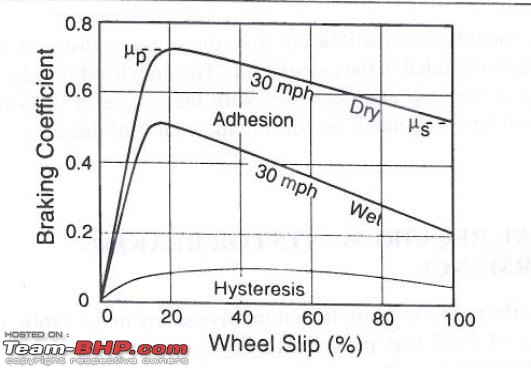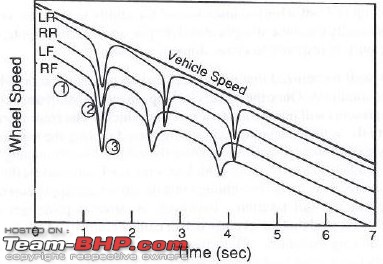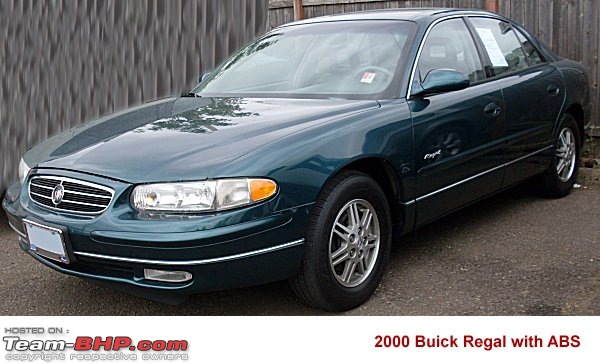| | #226 |
| Distinguished - BHPian  Join Date: Jun 2007 Location: Chennai
Posts: 10,987
Thanked: 26,355 Times
| |
| |
| |
| | #227 |
| BHPian Join Date: Mar 2008 Location: Bangalore
Posts: 195
Thanked: 119 Times
| |
| |
| | #228 |
| BHPian Join Date: Jul 2010 Location: Delhi - Chennai
Posts: 66
Thanked: 2 Times
| |
| |
| | #229 |
| BHPian Join Date: Jul 2009 Location: Navi Mumbai
Posts: 192
Thanked: 107 Times
| |
| |
| | #230 |
| BHPian Join Date: Jul 2010 Location: Delhi - Chennai
Posts: 66
Thanked: 2 Times
| |
| |
| | #231 |
| BHPian Join Date: Jul 2010 Location: Delhi - Chennai
Posts: 66
Thanked: 2 Times
| |
| |
| | #232 |
| Senior - BHPian Join Date: Feb 2005 Location: cincinnati, jabalpur,chennai
Posts: 1,264
Thanked: 209 Times
| |
| |
| | #233 |
| BHPian Join Date: Jul 2009 Location: Navi Mumbai
Posts: 192
Thanked: 107 Times
| |
| |
| | #234 |
| Distinguished - BHPian  Join Date: Jun 2007 Location: Chennai
Posts: 10,987
Thanked: 26,355 Times
| |
| |
| | #235 |
| Senior - BHPian Join Date: Dec 2005 Location: Singapore, Mumbai, Nagpur
Posts: 2,166
Thanked: 219 Times
| |
| |
| | #236 |
| Senior - BHPian Join Date: Feb 2005 Location: cincinnati, jabalpur,chennai
Posts: 1,264
Thanked: 209 Times
| |
| |
| |
| | #237 |
| Senior - BHPian Join Date: Dec 2005 Location: Singapore, Mumbai, Nagpur
Posts: 2,166
Thanked: 219 Times
| |
| |
| | #238 |
| Distinguished - BHPian  Join Date: Jun 2007 Location: Chennai
Posts: 10,987
Thanked: 26,355 Times
| |
| |
| | #239 |
| BHPian | |
| |
| | #240 |
| BHPian | |
| |
 |











